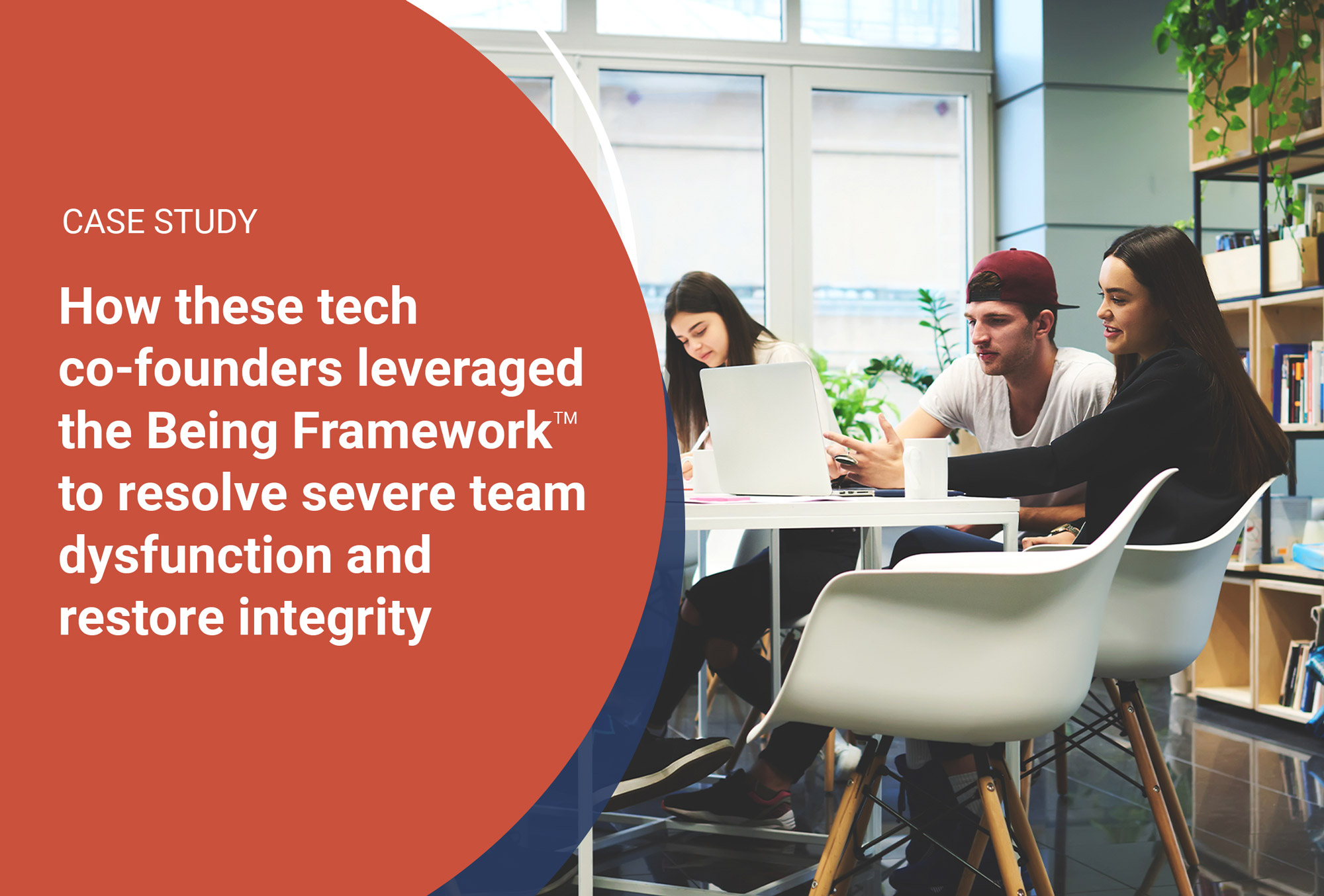Emma and Wendy are co-founders of a thriving global technology startup based in the San Francisco Bay area. However, this was not the trajectory from day one. Although they had the resources that allowed for a decent runway ahead of them in the early stages, they had some massive challenges to navigate and overcome. While Emma and Wendy had raised investor funds and were hiring on overdrive, the only thing that was growing in the business was the level of dysfunction. "We were hiring some of the best talent in the market, but something was amiss, and we couldn't put our finger on it," said Wendy. "When you hire, you do so expecting your output to go up. For us, it was going the opposite way."
Their senior technical staff were constantly arguing over the optimal way to build the product. Rather than directing their focus on building the technology, meeting after meeting would go by with little to marginal progress. Other team members did not feel it was their place to intervene, and they wasted precious time and effort while their superiors disagreed on the best way forward. The company was in the red, churning through significant outgoings every month but not bringing in the revenue needed.
Emma was invited to complete the Being Profile after referral by a colleague. "I had gone through a vast number of consultants, advisors and programs that I hoped would support us to get our team to work. Nothing worked. We were at our wit's end," said Emma. She completed her assessment and debriefed with her Being Profile Accredited Practitioner. One area that stood out for her was the Aspect of Being of responsibility. Many confuse an unhealthy relationship with responsibility with blame or guilt. By raising her awareness of how she was being with responsibility, Emma discovered that responsibility within the Being Framework was not about who to blame but rather the opportunity to influence the outcomes she sought. Working on her Being brought up new pathways to solve the problems she and Wendy were facing.
In the following months, Wendy also completed her Being Profile, and they both started to make changes within the team. A select few were let go, and the remaining began to take part in fortnightly team sessions led by a Being Profile Accredited Practitioner. "As a team, we started to see the underlying factors that were contributing to, or taking away from, our cohesion as a team and how they were directly impacting our results," said Emma. "Within six months, we had some major shifts in the team. The office even looked different. We had placed the distinctions of some of the key Aspects of Being, such as responsibility, assertiveness and vulnerability, up on our wall. People were really engaged with them, mainly because they saw that it actually worked."
Arguments within the team were replaced with appropriately assertive conversations. The focus was placed back on effectively improving the product and serving customers. Within twelve months, team members were stepping up to take the initiative and lead. One of the business development managers took on the responsibility of leading the company to establish it in a new regional market. Another team member rose from being an intern to leading a team of four. Wendy said, "As co-founders, it was critical to have the team take ownership and want to grow the company for themselves. This really allowed us to focus on the bigger picture." As a result of the changes made around key Aspects of Being, the company grew from a team of approximately 50 to 90 in two years and now serves customers in over twenty countries.
